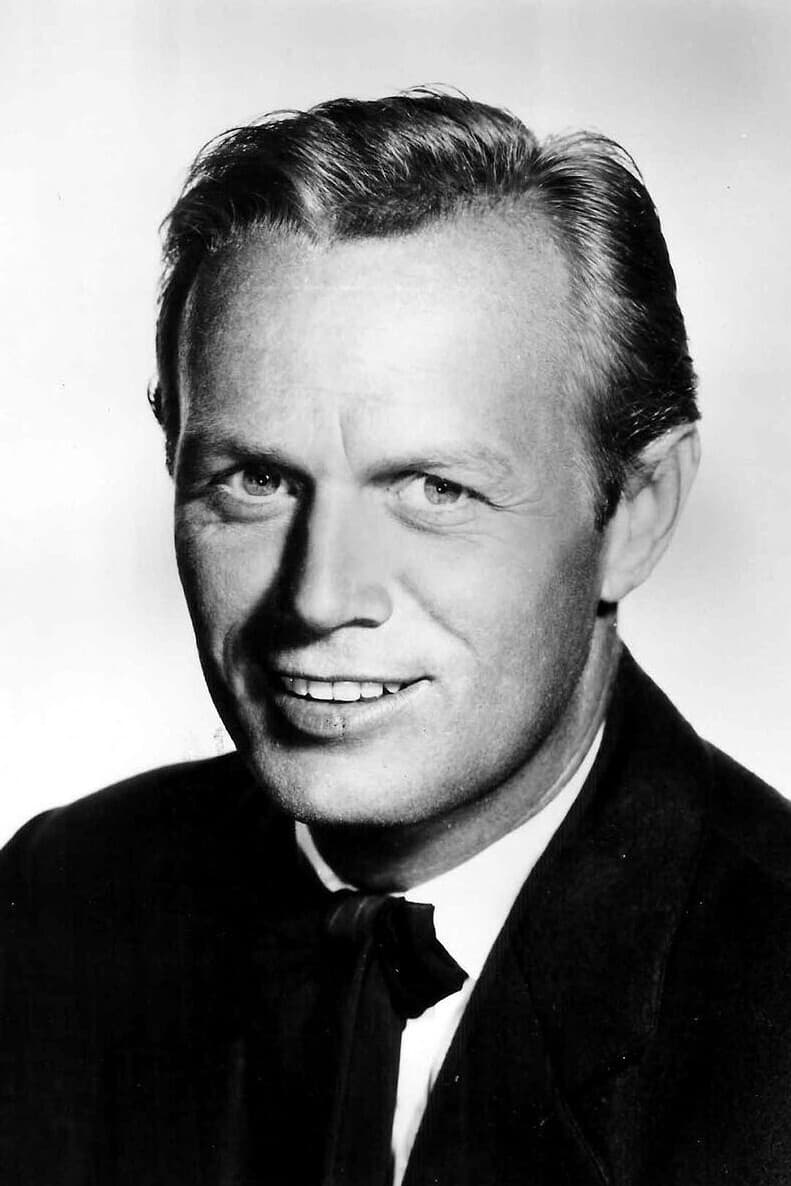
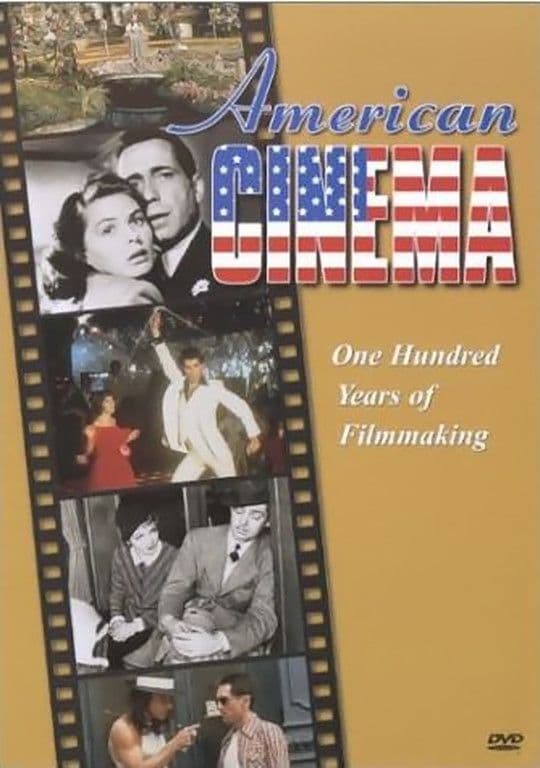
The history of Hollywood and filmmaking comes alive in this spectacular nine hour celebration of movie magic. It's a mesmerizing, epic analysis that combines rare archival film, key scenes from immortal movies, interviews with leading filmmakers and commentary from noted film scholars and critics. As seen on PBS, this highly acclaimed series is the definitive chronicle of the American cinema, from its beginning to today. Includes interviews with Robert Altman, Clint Eastwood, Harrison Ford, Spike Lee, George Lucas, Sidney Lumet, Julia Roberts, Martin Scorsese, Gene Siskel, Steven Spielberg, Oliver Stone, Quentin Tarantino, and many more. A New York Center for Visual History Production in co-production with KCET and the BBC
Famous actors read testimonies from people close to Lincoln about him and his actions during the Civil War.
Documentary about the making of the John Wayne film The Alamo (1960). Included are behind-the-scenes photos and footage of the actual production of the film, clips from it and interviews with members of the cast, crew and local residents in Brackettville, TX, where it was filmed.
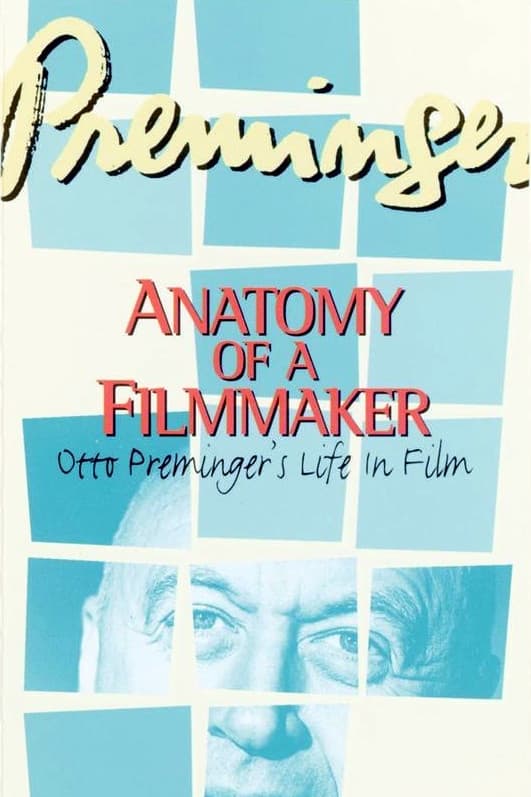
This documentary, hosted by actor Burgess Meredith, explores the life and career of movie director Otto Preminger, whose body of work includes such memorable films as Anatomy of a Murder, Exodus, Laura, Forever Amber, Advise and Consent, In Harm's Way, The Moon Is Blue, The Man with the Golden Arm, and many other movies made from the '30s through the '70s. Interviews with actors Frank Sinatra, Vincent Price, James Stewart, Michael Caine, and others who worked with the flamboyant and sometimes control-obsessed director add information and insight to the story.
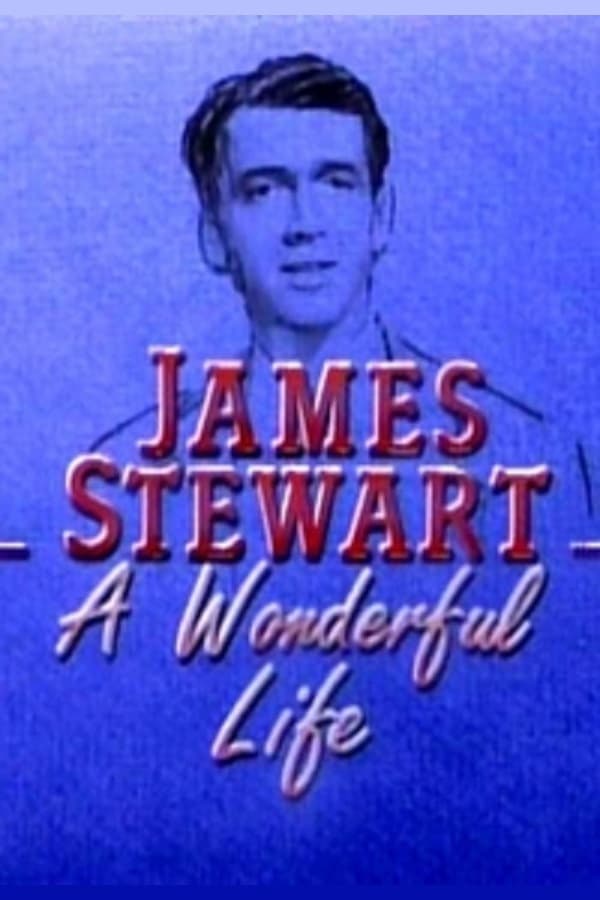
Documentary about James Stewart's long career as an actor and positive personal life.
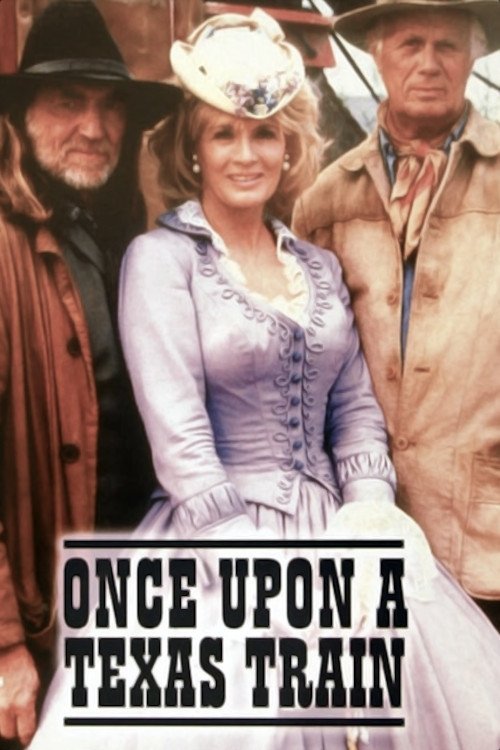
Captain Hayes of the mighty law enforcement squad named the Texas Rangers reached the pinnacle of his career when he captured the notorious John Henry, an outlaw cowboy, and put him behind bars. Twenty years later, upon his release, Henry is older but unrepentant. Within six hours after leaving his jail cell, he evens the score with Hayes by holding up the Bank of Texas for $20,000 in gold. Hayes, in his fury, gets himself out of retirement to take up the chase once more.
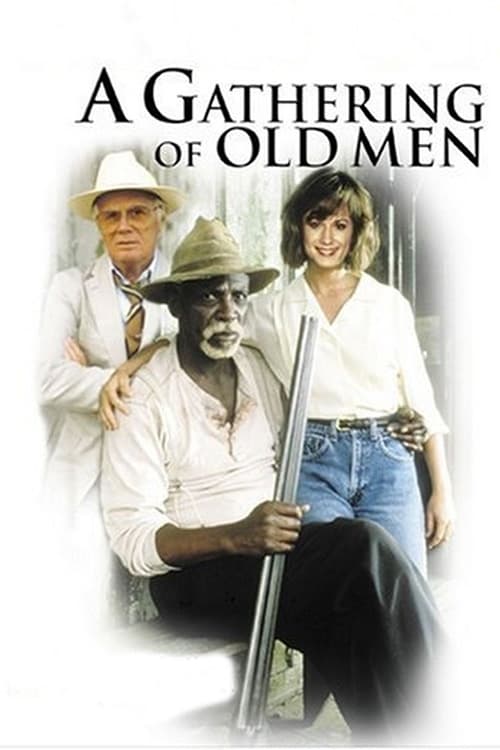
A regular day in a Louisiana sugarcane plantation changes course when a local white farmer is shot in self defense. A group of old, black men takes a courageous step by coming forward en masse to take responsibility for the killing of a white racist, whom one of their members has shot. As the sheriff confronts the suspects, the young plantation owner stands alone in her daring defense of this group of men, provoking racial tension that makes a compelling drama.
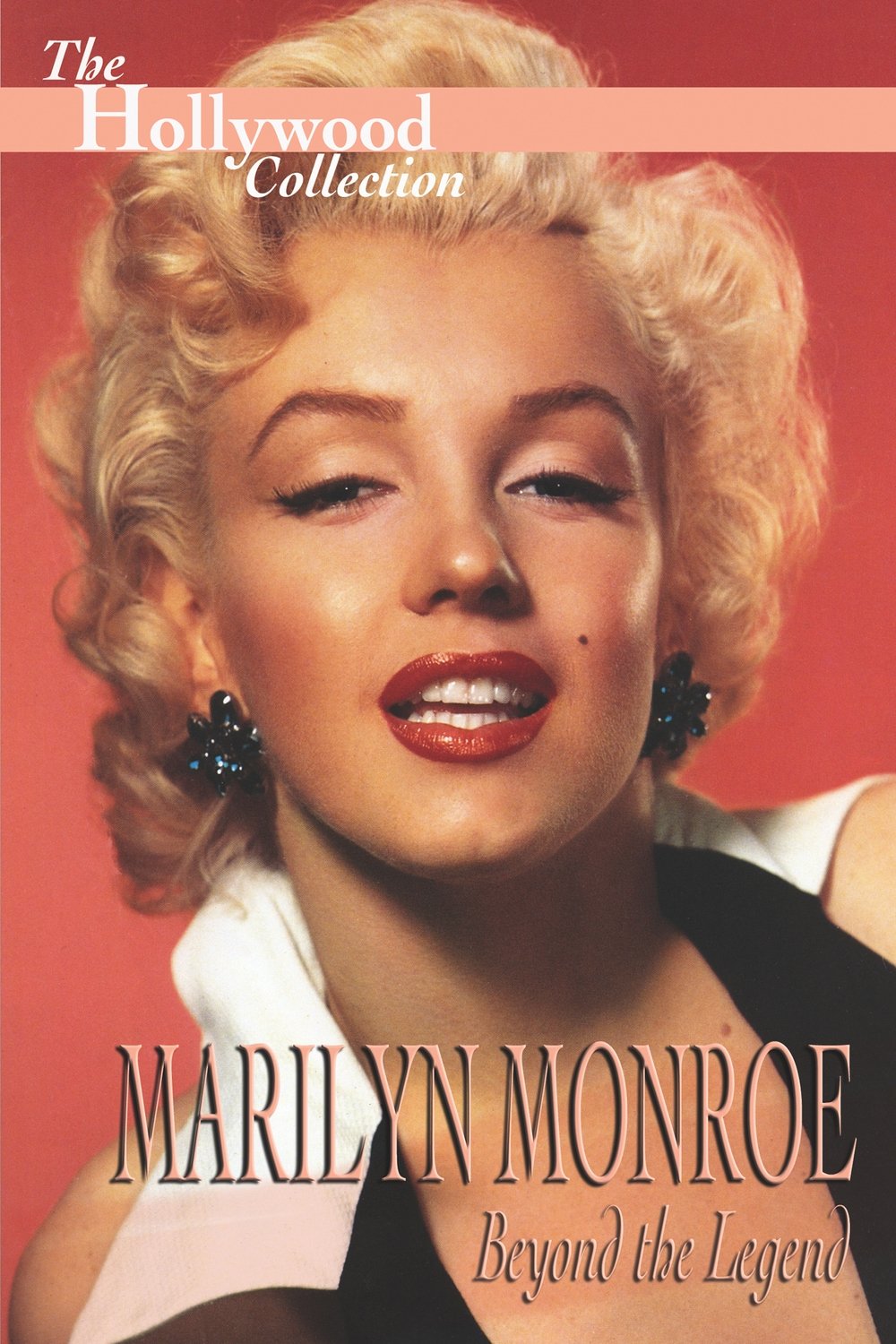
Her story is well-known — the lonely child who yearned for affection and approval which she finally seemed to find as Hollywood's greatest love goddess. But even though she scaled heights few could even dream of, she was one of the loneliest of stars.
Richard Widmark (December 26, 1914 – March 24, 2008) was an American actor of films, stage, radio and television. He was nominated for an Academy Award for his role as the villainous Tommy Udo in his debut film, Kiss of Death. Early in his career Widmark specialized in similar villainous or anti-hero roles in films noir, but he later branched out into more heroic leading and support roles in westerns, mainstream dramas and horror films, among others. At his death, Widmark was the earliest surviving Oscar nominee in the Supporting Actor category, and one of only two left from the 1940s (the other having been James Whitmore). For his contribution to the motion picture industry, Widmark has a star on the Hollywood Walk of Fame at 6800 Hollywood Boulevard. In 2002, he was inducted into the Western Performers Hall of Fame at the National Cowboy & Western Heritage Museum in Oklahoma City, Oklahoma. Description above from the Wikipedia article Richard Widmark, licensed under CC-BY-SA, full list of contributors on Wikipedia
By browsing this website, you accept our cookies policy.